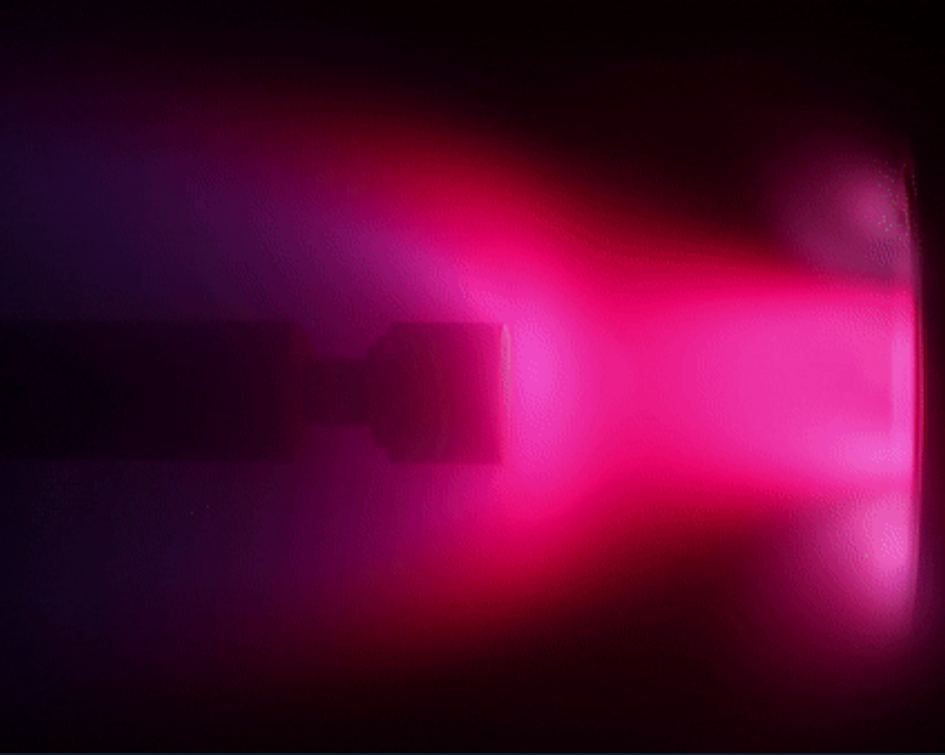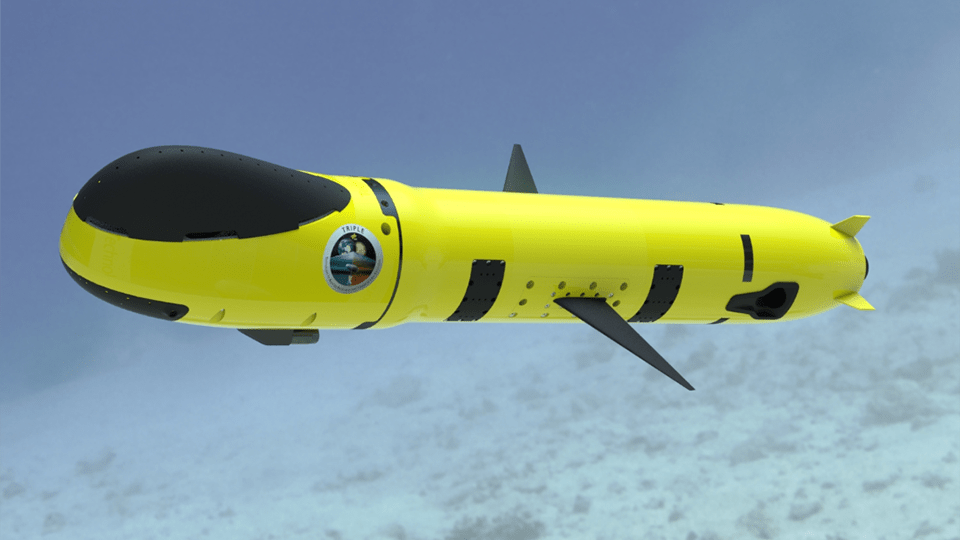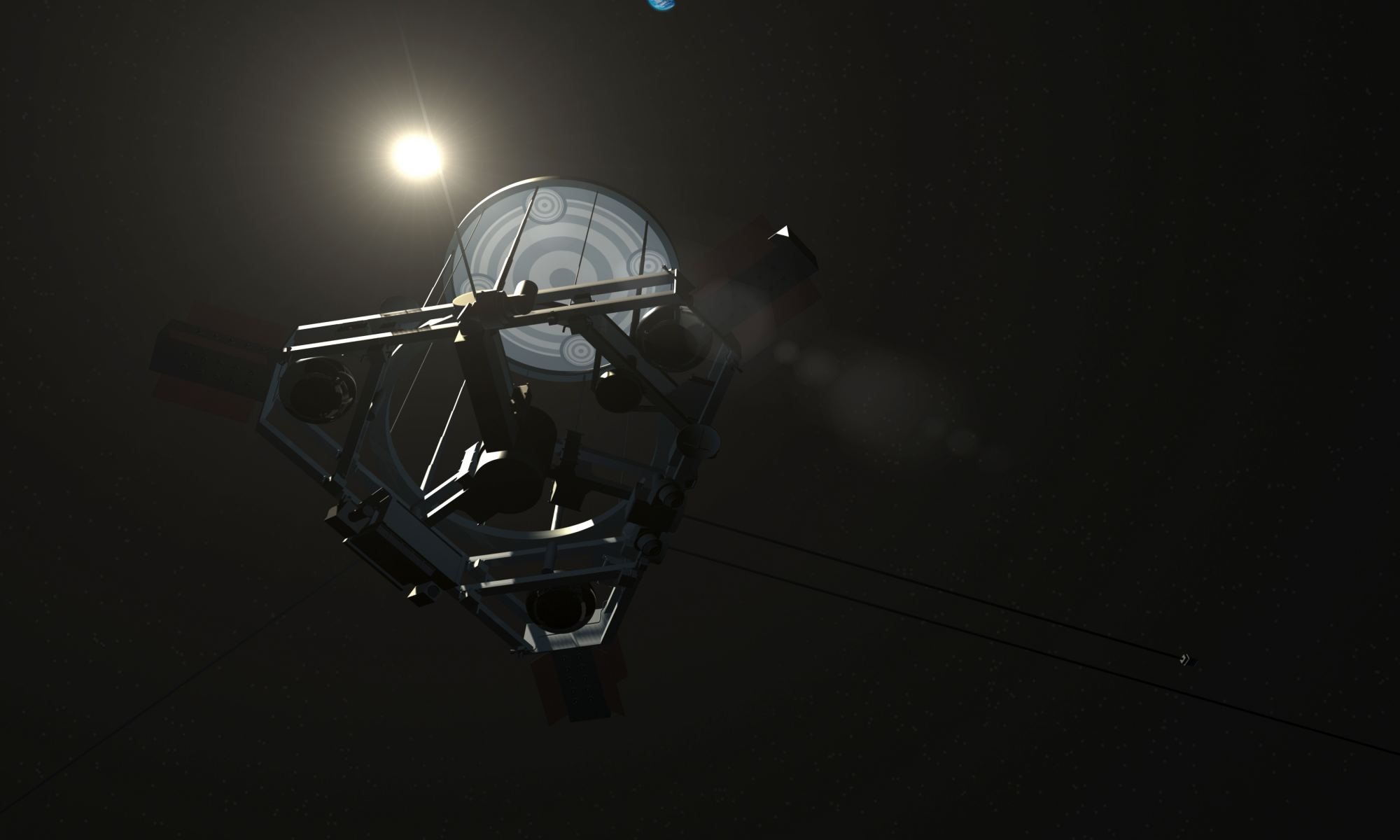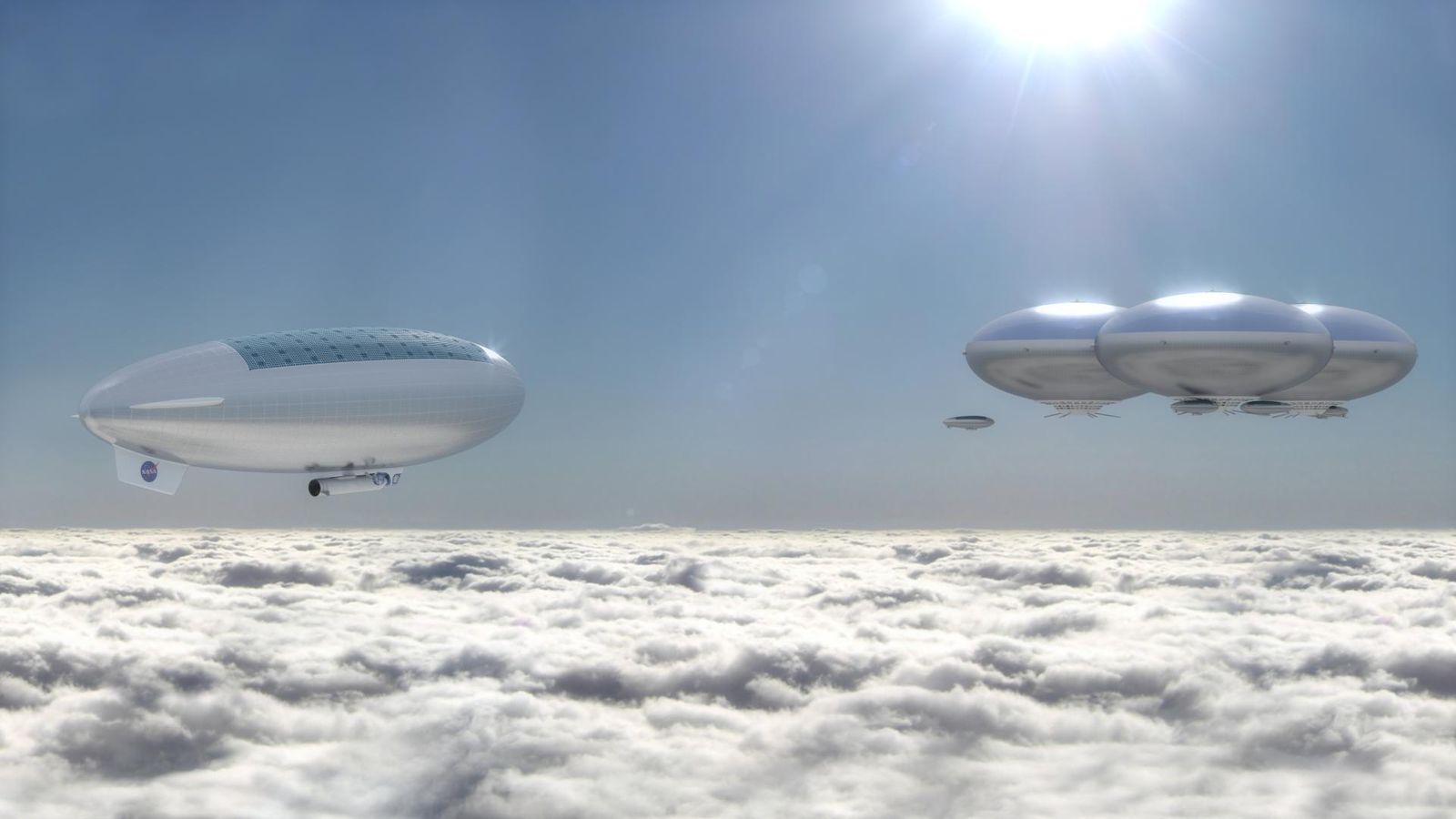Our Solar System’s ice giants, Uranus and Neptune, have been largely left out of the planetary probe game. While all of the other planets—including even the demoted Pluto—have been the subjects of dedicated missions, the ice giants have not. In fact, the only spacecraft to ever even fly by Uranus and Neptune was Voyager 2 in the late 1980s.
Continue reading “Take a Plunge Into the Ice Giants”Take a Plunge Into the Ice Giants





